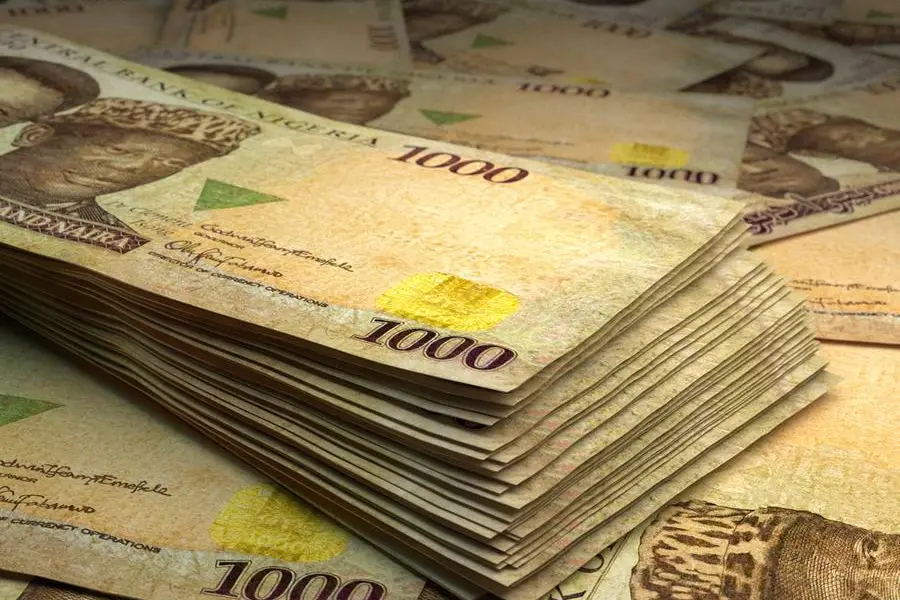PHOTO
SOME analysts and stakeholders in Nigeria’s banking industry have raised concerns over insider-related loans.
Specifically, they are concerned that the recent depreciation of the country’s foreign exchange has led to the reduction in the real value of banks’ share capital, eroded the ability of banks to finance big-ticket transactions, underscoring the need for banks’ recapitalisation.
Recall that minimum capital requirement for commercial banks is N25 billion. The naira has depreciated five times since then, prompting the call on the CBN to recapitalise banks to strengthen the industry and financial industry at large.
Related Posts Oyo monarch decries incessant land grabbing cases, seeks police intervention Tinubu’s tax reforms and ending overreliance on borrowing to fund expenditure Nasarawa: ALGON chair tasks commissioner-nominees on development
While banking regulations impose constraints on lending exposure of banks to their directors and substantial shareholders, the regulations fall short of including all other related parties, such as associates and employees of the banks.
Proshare analysts believe that promoting discipline within banks is of paramount importance, but significant insider transactions within banks need not always precipitate an alarmist response within the system.
In this context, Section 19 (5) of the BOFIA Act 2020 imposes a prohibition on banks’ lending more than five percent of their paid-up capital to any of their directors or significant shareholders.
The Act also stated that the collective exposure of banks to all directors and significant shareholders is capped at 10 percent of banks’ paid-up share capital or an alternate percentage as stipulated by the Central Bank of Nigeria (CBN).
Checks reveal that directors and associates of four Nigerian banks, specifically Stanbic IBTC, Union Bank of Nigeria, Sterling Bank, and Access Holdings, were granted substantial loans amounting to N112.77 billion in 2022.
Analysis of the Audited Financial Statements for 2022 of the banks revealed that Stanbic IBTC Holdings extended loans of N56.5 billion to its directors and staff, Union Bank of Nigeria disbursed N53.40 billion to its directors and affiliated entities, Access Bank allocated N1.35 billion to its directors and key management personnel (with director-related exposure amounting to N469 million) while Sterling provided N2.4 billion in loans to its directors and employees over the course of the year.
Although most of the banks provided no detail on specific directors’ loans, Access Bank’s ratio of directors’ loans to share capital stands at 2.6 percent of share capital, which is in line with regulatory provisions.
“It is important to note, however, that evidence suggests that these loans were provided at interest rates below prevailing market rates. For instance, Stanbic IBTC offered the loan at a concessional rate ranging between 14 to16 percent below the prime rate, while Access Bank advanced at an eight percent interest rate.
“This practice breaches the provisions of Section 19(5b) of the BOFIA Act, which mandates that banks ensure loans to directors or significant shareholders are established at par with prevailing market terms for similar transactions and do not entail excessive risk in terms of repayment,” the Proshare analysts stated in a recent report.
Stakeholders emphasise that attention should be directed towards prudential guidelines that have sterilised a significant proportion of banks’ funds, while simultaneously mandating a 65percent loan-to-deposit ratio, stressing that the pursuit of meeting credit creation limits has the potential to raise banks’ non-performing loans, amplifying the systemic risk.
Copyright © 2022 Nigerian Tribune Provided by SyndiGate Media Inc. (Syndigate.info).





















